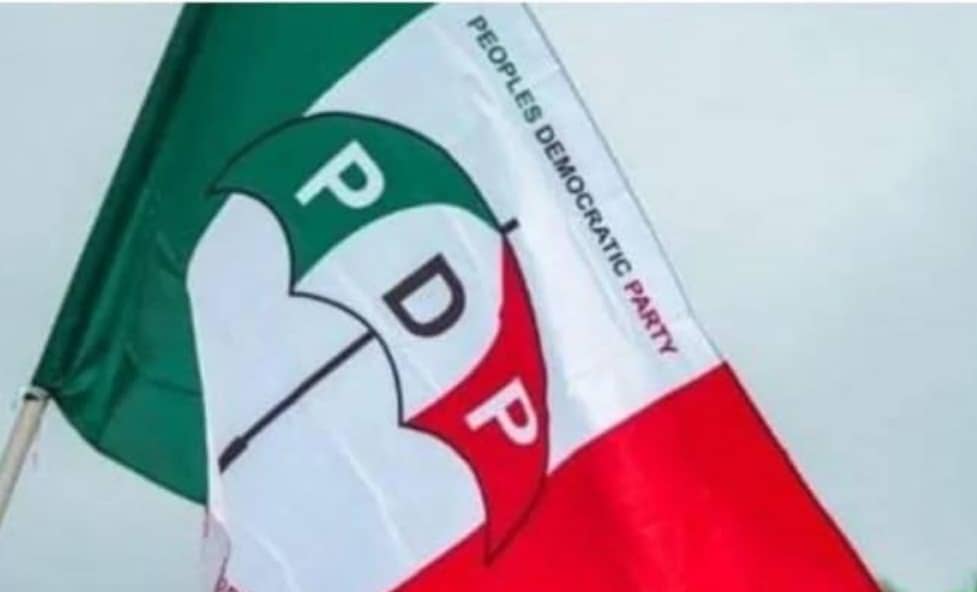Tax Reform in Nigeria: No New Taxes, Just Simplification
Nigeria’s Chairman of Federal Inland Revenue Service (FIRS), Zacch Adedeji, has allayed the fears of Nigerians regarding the introduction of new taxes through proposed tax reform laws. In a recent interactive session with the Senate Committee on Finance, Adedeji assured Nigerians that the reform laws will not introduce new taxes or increase existing ones.
According to Adedeji, the tax reform aims to reduce the number of taxes paid by Nigerians, increase the simplicity and efficiency of tax administration, and harmonize multiple tax laws in the country. He emphasized that no agency will be merged, and no job will be taken from anyone during the reform process.
To achieve these objectives, four executive bills have been forwarded to both chambers of the National Assembly for approval. These bills include the Nigeria Tax Bill, Nigeria Tax Administration Act (amendment) bill, Nigeria Revenue Service bill, and Joint Revenue Board (establishment) bill. When passed, these bills will drive efficiency and modernization, simplify tax laws, and ensure synergy among agencies involved.
Adedeji also highlighted the change in the name of the Federal Inland Revenue Service (FIRS) to Nigeria Revenue Service (NRS), explaining that the current name does not cover the scope of its services. He likened this change to the Value Added Tax (VAT), where 85% is remitted to states, while the federal government gets the remaining 15%.
The Chairman of the Senate Committee on Finance, Sani Musa, commended Adedeji for meeting up with revenue targets set in the fiscal year and urged him to go beyond the target. Musa emphasized the importance of tax reforms in driving government’s agenda, stating that they require constructive inputs from all stakeholders.
In conclusion, the proposed tax reform in Nigeria is focused on simplifying and streamlining the tax system, rather than introducing new taxes or increasing existing ones. With the reform, the country aims to increase efficiency, reduce corruption, and promote transparency in revenue collection. As the process moves forward, it is crucial for all stakeholders to provide constructive input to ensure a successful and effective tax reform that benefits the Nigerian people.



